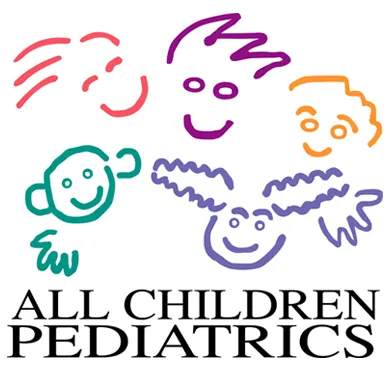What Should We Eat by Dr. Claire Cowley
- posted: Mar. 03, 2017
Welcome to our March Blog post!
We are all bombarded with claims that this diet or eliminating that food will solve all of our overweight or chronic health problems. I hope to clarify some of the current popular nutrition concepts and their common features.
What is Clean Eating? This way of eating and drinking is about eating more of the best and healthiest foods and less of unhealthy processed ones. Look at an ingredients list on an add-a-meat, all included box supper package. If the list has ingredients you can't pronouce or don't know the reason for, stay away from it. Like yougurt: milk, the healthy bacteria that fermented it, perhaps fruit and some sweetner, perhaps vanilla makes sense. But a list of strange thickeners and product stretchers does not. Look at a hot dog vs. a sustainably sourced piece of beef, or a processed cheese vs. a block of real cheese without the hormone used to make cows make more milk, tater tots vs. real potatoes, peanut butter with sugar or corn syrup or a peanut butter made only of peanuts with salt. Many packaged foods contain high sodium and sugar too.
Next opt for real fruits and vegetables. As adults we need 4-5 cups daily of fruits and vegetables for optimal health. For every serving of each I have read that we live longer. Other recommendations are increasing whole grains, looking for whole wheat when buying bread and pasta and including some of the many other options like oats, quinoa and brown over white rice. The processing strips away some essential nutrients like selenium, magnesium and fiber. Try to eliminate packaged refined carbohydrate "foods" like cookies, cakes and pastries. Try to decrease meats to reduce saturated fats and increase the nuts and plant proteins using meat as less a centerpiece and more of an ingredient. So, upping the prominence of fruits and vegetables, depending when possible on fresh or frozen produce and less processed food: These are the guidelines. Eggs, fish, nuts, beans - these are great protein sources.
What is the 5-2-1-0 Plan? This is a nutritional program to help prevent childhood obesity and you'll see posters in our exam rooms mentioning it. I have read, and I think most agree that it is a healthy framework for all ages.
5 servings of fruits and vegetables (sound familiar?)
2 hours or less of screen time (other than computer homework)
1 hour of exercise
0 sugared drinks
I like to ask children at check ups who express dissatisfaction with their body when we discuss their growth chart, how they do on this list. Usually we can identify a habit to change to feel better about their body image.
What is the Mediterranean Diet? This is the diet most often cited by nutritionists to decrease heart disease, many chronic diseases, type 2 diabetes and perhaps even ADHD in children, according to a recent article in the publication Pediatrics. Think of all the principles of clean eating above and add to that decreasing red meat and encouraging fatty fish several times per week and some poultry. The ADHD findings may be an association with poor impulse control or the postivie effect of some of the micromutrients in fruits and vegetables or the Omega 3's which are good for the brain in certain fish like Salmon, Tuna and Makeral.
So, as I first asked, what should we eat? Furthermore, how should feed our children? Remember that our example and what we buy are how our children will choose their likes. Remember that a toddler often has to taste a food ten times to get a taste for it and that infants are already accustomed to our "flavors" from their exposure to them in the womb via amniotic fluid and through breast milk. The best diet is one rich in fruits, vegetables, whole grains, nuts, quality dairy, fish, poultry and eggs and avoiding processed foods and choosing healthy oils like olive and nut oils over saturated ones like hydrogenated oils, transfats and butter. Please ask any of our providers about your families diet if you would like to know more or have any questions. Bon appetit!
This website includes materials that are protected by copyright, or other proprietary rights. Transmission or reproduction of protected items beyond that allowed by fair use, as defined in the copyright laws, requires the written permission of the copyright owners.
Contact Us
DO NOT SUBMIT MEDICAL QUESTIONS-PLEASE CALL (502) 244-6373
Hours of Operation
Our Regular Schedule
7:30 am - 6:00 pm
7:30 am - 6:00 pm
7:30 am - 6:00 pm
7:30 am - 6:00 pm
7:30 am - 5:00 pm
8:30 am - 12:00 pm
Closed
Our Location
All Children Pediatrics
400 Blankenbaker Parkway Suite 200
Louisville, KY 40243
(502) 244-9860
